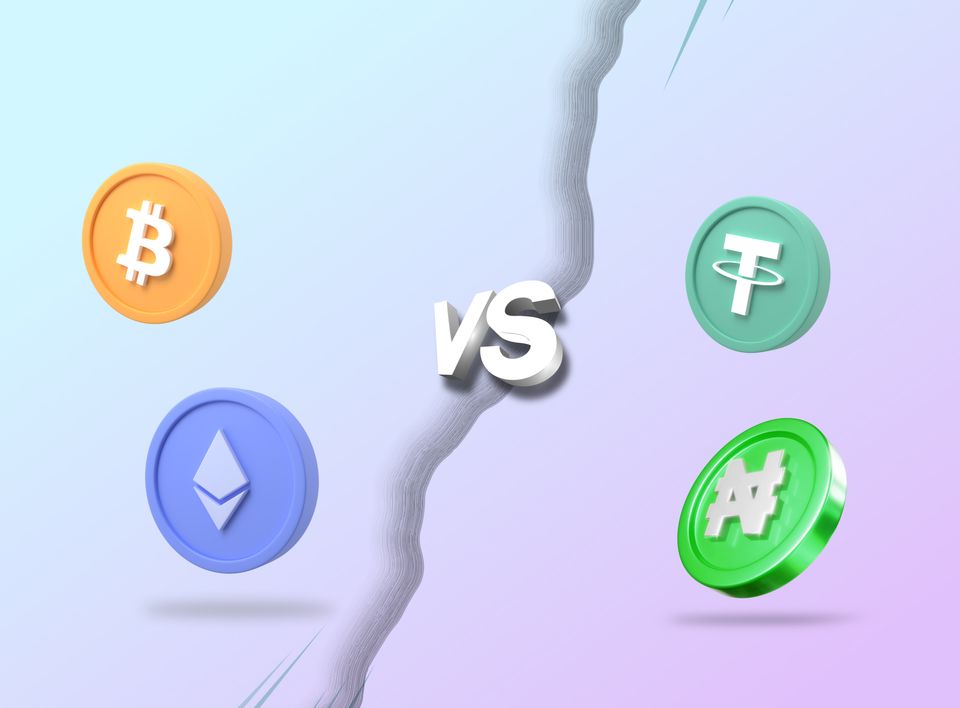Crypto Airdrops Explained
Crypto airdrops are typically free for eligible participants. Users receive tokens or coins without having to pay for them directly.
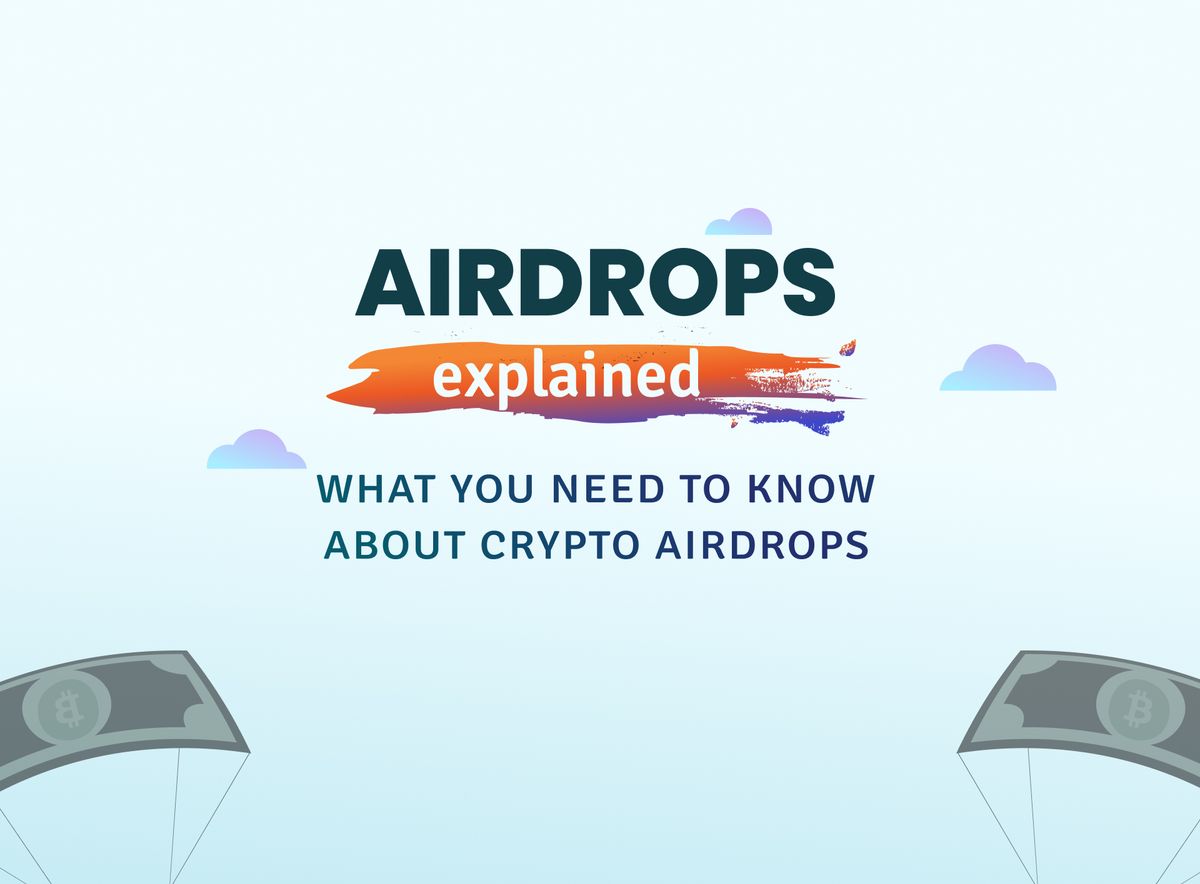
What is a Crypto Airdrop?
A cryptocurrency airdrop is a distribution of digital assets - crypto coins and tokens - to wallet addresses of users in a bid to promote awareness of a new coin or token.
It is similar to companies sending out free trial invites or discount codes for the launch of their new product. In the case of crypto companies and blockchain projects, small quantities of a new digital currency are “airdropped” to the wallets of members within the crypto ecosystem; usually in return for carrying out a small promotional task.
An example of such a task could be joining a telegram group or retweeting a post shared by the currency creators. Occasionally, the coins or tokens are given to users for free.
The major reason for cryptocurrency airdrops is to increase awareness or ownership of the cryptocurrency being distributed. It also helps increase trading potential when the virtual asset is listed on an exchange as an initial coin offering (ICO).

How Do Crypto Airdrops work?
There are 5 types of Crypto Airdrops/ways Airdrops are carried out, and they are:
- Standard Airdrop
- Bounty Airdrop
- Holder Airdrop
- Exclusive Airdrop
- Raffle Airdrop
- Standard Airdrop
1. Standard Airdrop
In a standard crypto airdrop, participants can receive free tokens by expressing their interest in the airdrop and providing a valid wallet address. These airdrops usually have a set amount of tokens to distribute and a limit on how many tokens each individual can receive. Some airdrops may be time-sensitive, meaning participants need to act quickly to claim their tokens.
Although standard airdrops are popular for their simplicity, there's a risk of individuals creating multiple wallets to try to claim more tokens than allowed. This can make it more challenging for genuine participants to obtain tokens from the airdrop.
2. Bounty Airdrop
In a bounty crypto airdrop, participants earn free tokens by completing specific tasks rather than simply expressing interest. These tasks often involve promoting a project on social media, such as posting, tagging the company, or sharing project-related content.
Participants may also earn rewards for referring others, signing up for newsletters, or joining community channels like Discord.
For each task completed, participants typically earn points that correspond to the size of the bounty they receive.
There may be a minimum point threshold participants need to reach before qualifying for the airdrop. For instance, a participant might become eligible for the airdrop after accumulating 300 points, with each task worth a certain number of points (e.g., 100 points per task). This encourages active engagement and helps ensure that participants contribute meaningfully to the project's promotion in exchange for receiving tokens.
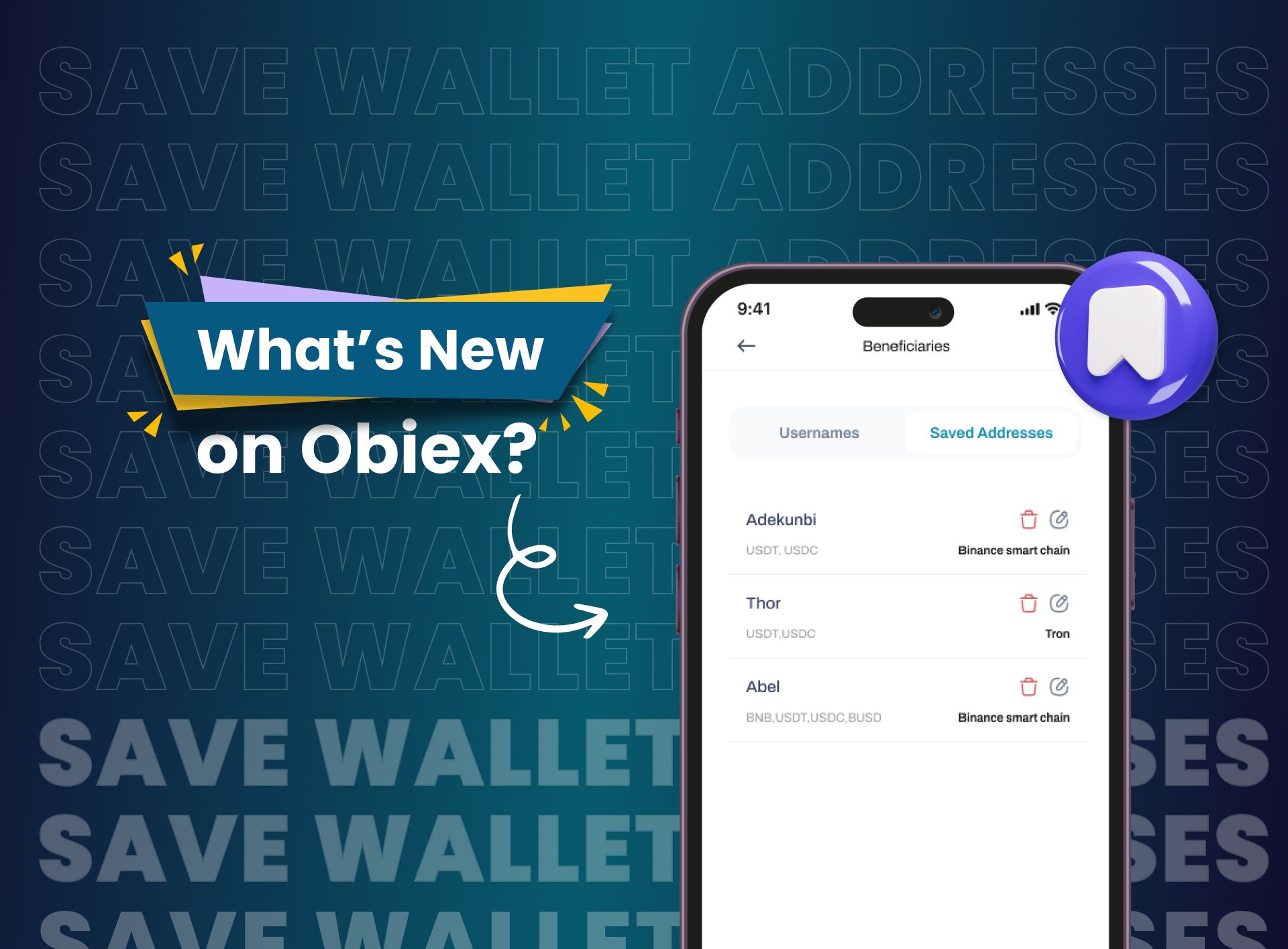
3. Holder Airdrop
In a holder crypto airdrop, tokens are distributed automatically to existing token holders based on the number of tokens they already possess. This type of airdrop relies on the transparency of blockchain technology, where wallet addresses and token holdings are publicly visible on a distributed ledger accessible to all users.
While holder airdrops ensure that tokens are distributed to those who are already invested in a project, there are some downsides.
Some token holders may not want to receive additional tokens through an airdrop, and the distribution may primarily benefit larger holders with more tokens.
Additionally, some holder airdrops may set a minimum token holding requirement to qualify for the airdrop, while others may adjust the reward amount based on the number of tokens held to prevent disproportionately rewarding the largest holders.
4. Exclusive Airdrop
In an exclusive airdrop, specific individuals are chosen to receive free tokens, not necessarily based on how many tokens they already have, but on other criteria like their involvement in a project, their spending habits related to the project, or their activity in online forums.
This approach is more centralised than general airdrops and rewards those who are closely connected to the project. Sometimes, people without any tokens in their wallets can also receive these exclusive airdrops.
5. Raffle Airdrop
In a raffle airdrop, a project announces a specific number of airdrops they plan to distribute and then invites participants to enter a raffle to win them.
To earn a raffle ticket, participants might need to hold a certain number of tokens, accumulate points through engagement, or simply show interest in the project.
Since there are usually more people interested in receiving airdrops than there are airdrops available, the project will randomly select a limited number of wallets to receive the airdrops through a raffle system.

What are the pros and cons of Crypto Airdrops?
Pros:
- Rewards early adopters or engaged individuals with a stake in the project.
- Raises project awareness through marketing.
- Promotes the use and adoption of a new token.
- Distributes tokens to holders in a way that might not naturally occur in the market.
Cons:
- Could be risky if users need to connect wallets to suspicious sites to claim the airdrop.
- Might involve "pump-and-dump" schemes.
- Could deter some investors who prefer alternative token distribution methods.
- Tokens may end up worthless if they lack liquidity on an exchange.
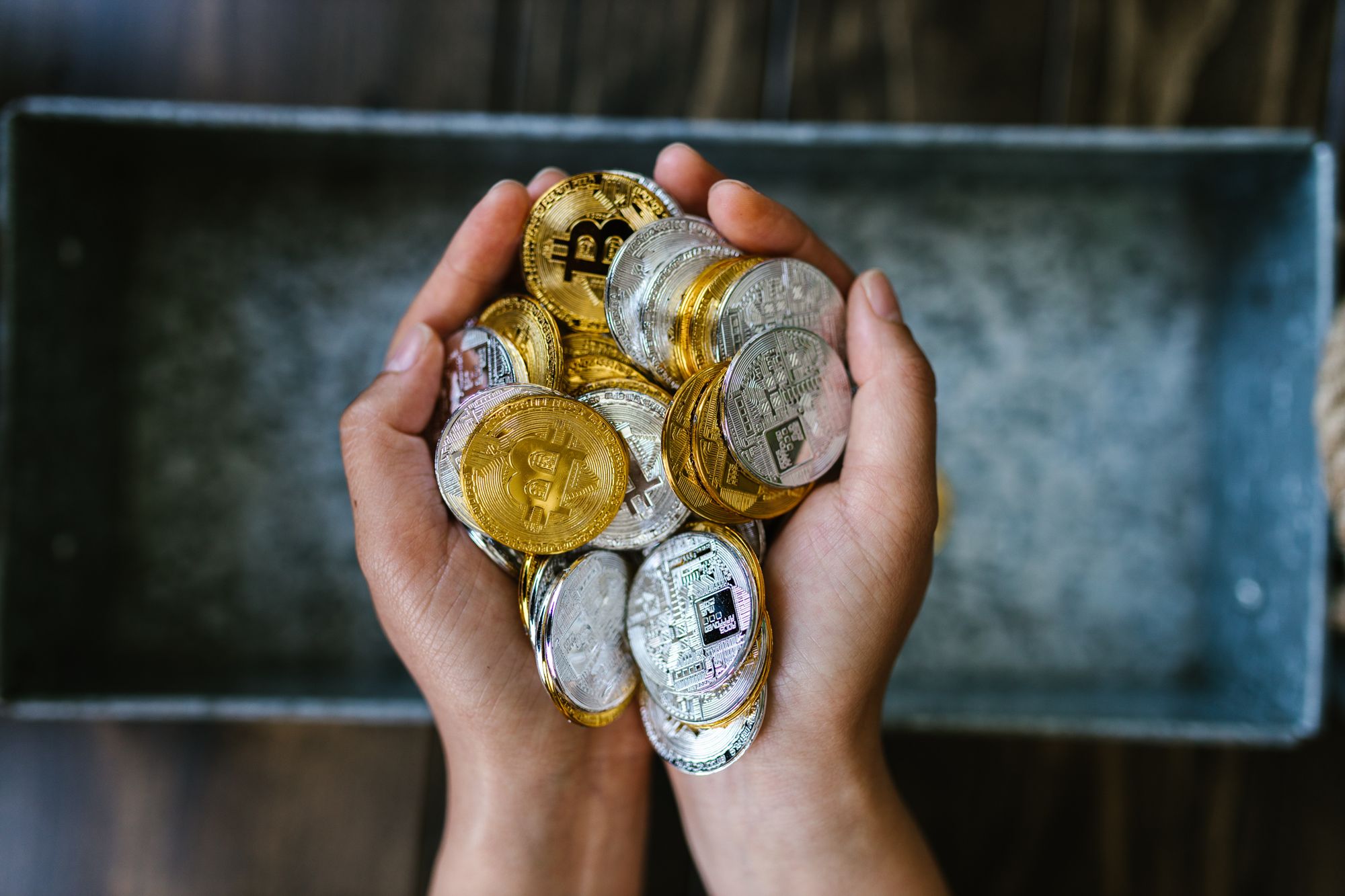
Are crypto airdrops safe?
Crypto airdrops can be safe if done by reputable projects and reliable platforms. However, there are some risks associated with them that have to be mentioned.
For one, they can be used to carry out pump-and-dump schemes.
A pump-and-dump scheme is where owners of the cryptocurrency project artificially inflate the value of their token or coin to make a fast profit. They can do this by hiring Twitter or Instagram influencers to “hype up” a particular token or coin to increase its value. Once the value is high enough, these influencers and scammers sell the asset, disappear with the profit and leave everyone else at a loss.
An example of this scam happened in July 2021 where a group sold coins based on the Netflix show Squid Game. Regardless of the fact this group had no official or valid relationship with Netflix or the show creators, many people bought into the hype and purchased huge amounts of the coin.
As expected, the coin value shot up. It went from a penny to $2800 and crashed back to pennies in the space of minutes. At the end of the day, the group made $2 million while the rest of the coin holders lost money.
Another scam that goes on in the airdrop space is called a “dusting attack.”
A dusting attack is an attempt by scammers to break the privacy of cryptocurrency users by sending small amounts of coins to their digital wallets through an airdrop.
These small amounts of coins are known as “dust”. They are usually so tiny that many users don’t notice them. However, “dust” can also refer to very small amounts of coins that are left in user accounts after trading orders are completed.
In this context of airdrops, dust being found in your wallet could mean you have been a victim of a dusting attack. After the dust is sent to different accounts, the scammers would try to link the dusted address to individuals or companies in an attempt to carry out cyber-extortion or phishing attacks.
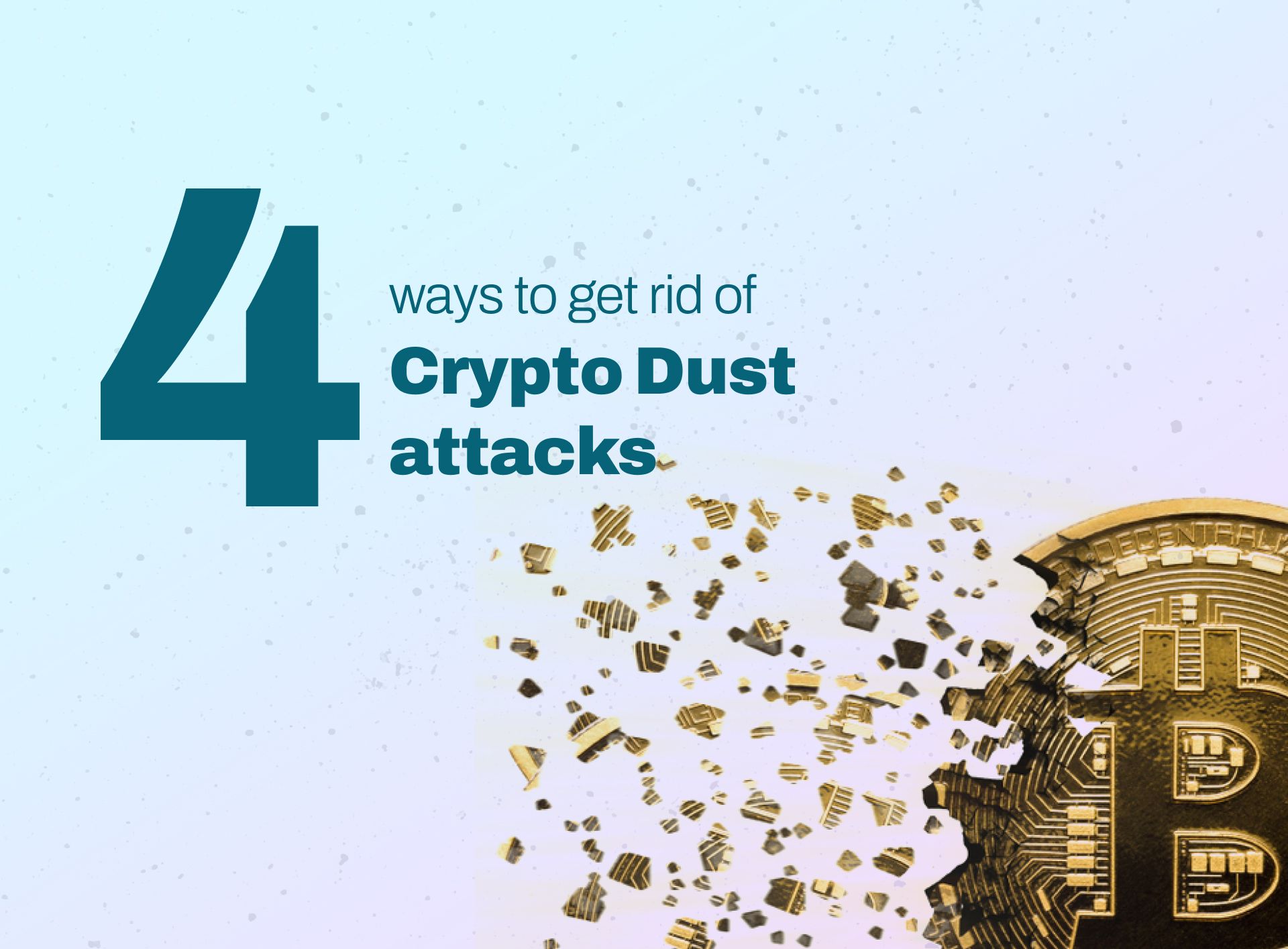
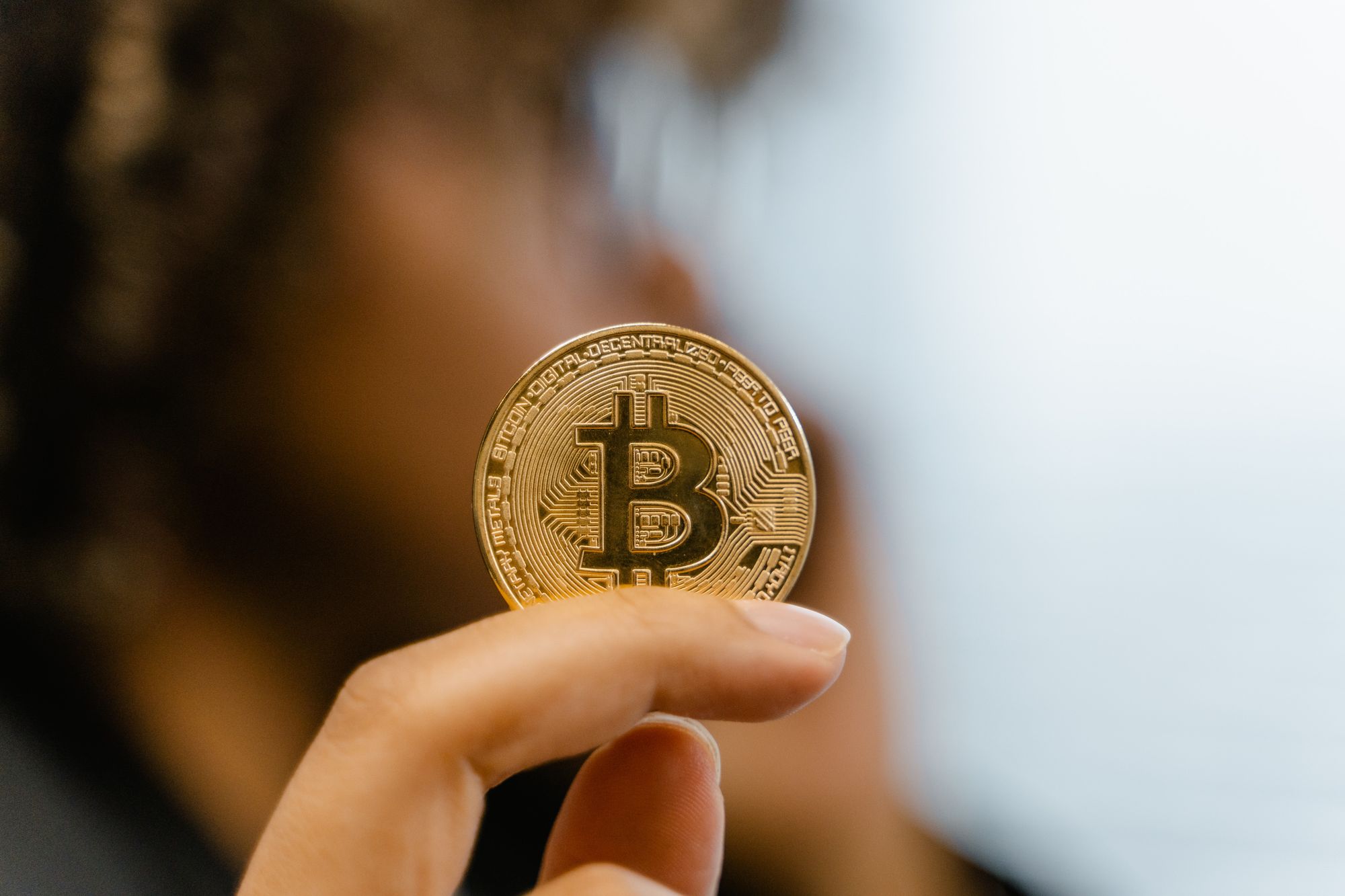
One more airdrop scam to look out for is the one that requires users to “invest” a particular coin amount to receive twice or thrice of what they put in.
A legitimate airdrop will never ask for any sort of capital investment before sending out coins or tokens. In addition, if you are asked to input or share your wallet private key before the airdrop will be sent, it is most likely a scam.
Important Notice: Never share your private key with anyone.
How to find crypto airdrops
Crypto airdrops are generally used for marketing and user acquisition, and new coins/tokens spring up every other day, which means there’s almost always an airdrop happening in the crypto community.
Bear in mind however that every airdrop has a different requirement for interested users to meet before they can receive the particular token or coin. With that being said, here are some ways you can find crypto airdrops:
- Check Twitter, Reddit and other social media for the #airdrop hashtag regularly to see if any new drops are happening. To make it easier, you can follow the hashtag on Twitter or Instagram so it shows up on your timeline or feed whenever you’re online.
- Actively use different cryptocurrency platforms, products and services.
- Join cryptocurrency-related groups or forums on Reddit, Telegram, Quora or whatever social platform you frequently use, to receive notifications about upcoming airdrops.
- Find crypto airdrop websites like Airdrop King and Airdrop Alert and sign up for their emails to receive daily, weekly or monthly airdrop notifications.
FAQs
Q: What is a crypto airdrop?
A: A crypto airdrop is a distribution of free tokens or coins to wallet holders as a way to promote a cryptocurrency project or platform.
Q: How do crypto airdrops work?
A: During a crypto airdrop, tokens or coins are distributed to eligible wallet holders based on certain criteria, such as holding a specific cryptocurrency or meeting participation requirements set by the project.
Q: What are the benefits of participating in a crypto airdrop?
A: Participating in a crypto airdrop can provide rewards in the form of free tokens or coins, increase awareness about a project, encourage token adoption, and potentially generate investment opportunities.
Q: Are crypto airdrops free?
A: Yes, crypto airdrops are typically free for eligible participants. Users receive tokens or coins without having to pay for them directly.
Q: How can I participate in a crypto airdrop?
A: To participate in a crypto airdrop, you usually need to meet the eligibility criteria specified by the project, such as holding a certain amount of a particular cryptocurrency or completing specific tasks like following social media accounts or joining community forums.
Q: Are crypto airdrops safe?
A: While many crypto airdrops are legitimate, there are risks associated with participating, such as potential scams or security threats. It's essential to research the credibility of the project and exercise caution when providing personal information or connecting wallets to unfamiliar platforms.
Q: How do I claim tokens from a crypto airdrop?
A: The process for claiming tokens from a crypto airdrop varies depending on the project. Typically, you'll need to follow instructions provided by the project team, such as registering on their website, completing verification steps, or connecting your wallet to claim the tokens.
Q: Can I sell tokens received from a crypto airdrop?
A: Yes, once you've received tokens from a crypto airdrop, you can usually sell, trade, or hold them as you would with any other cryptocurrency.
Q: Are there any taxes associated with crypto airdrops?
A: Tax regulations regarding crypto airdrops vary by jurisdiction. In some countries, receiving tokens from a crypto airdrop may be subject to taxation as income or capital gains. It's advisable to consult with a tax professional to understand your tax obligations.
Q: How often do crypto airdrops occur?
A: Crypto airdrops can occur periodically, depending on the project's marketing strategy and objectives. Some projects may conduct airdrops as part of their initial token distribution, while others may use them for promotional purposes or community engagement events.
Q: Can anyone participate in a crypto airdrop?
A: The eligibility criteria for participating in a crypto airdrop vary depending on the project's requirements. While some airdrops may be open to anyone with a compatible wallet, others may have specific conditions such as holding a certain cryptocurrency or meeting participation criteria set by the project team.
Disclaimer: This article was written by the writer to provide guidance and understanding of cryptocurrency trading. It is not an exhaustive article and should not be taken as financial advice. Obiex will not be held liable for your investment decisions.



